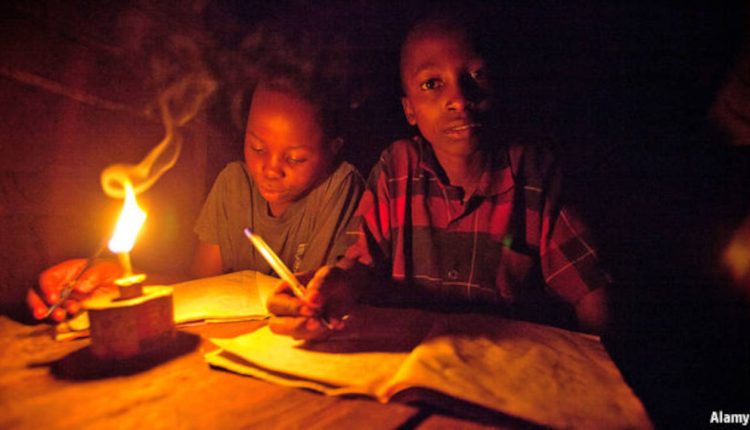Gwanda’s long wait for Chivayo
What was meant to be a flagship solar power station for Zimbabwe now lies idle, overgrown and forgotten.
The 262-hectare site of the Gwanda Solar Power Plant — a US$172,8 million project awarded nearly a decade ago — has become a bushy expanse where children play football and residents dump rubbish.
When Southern Eye visited the site in Matabeleland South province, the fence was partly vandalised, with sections cut open to allow villagers to pass through on their way to Matshetsheni.
Beyond the gates, nothing resembled a project that once promised to light up Matabeleland South.
In 2015, the Zimbabwe Power Company (ZPC) contracted Intratrek Zimbabwe, led by businessman Wicknell Chivayo, in partnership with China’s ChiNT Electric, to build a 100-megawatt solar plant.
The project was touted as a game-changer that would feed desperately needed electricity into the national grid and reduce power shortages in the south of the country.
But nearly 10 years later, all that remains is fenced land, a legal trail of disputes, and broken promises.
Ward 10 councillor Siyanda Siziba said residents felt betrayed.
“The people are in pain about this issue because it’s a project they looked forward to and wanted to see succeed,” Siziba said.
“Gwanda doesn’t have enough land, and yet that area is just fenced bush, pegged and left like that.
“We don’t have accommodation, but that land is wasted. All this is not assisting us as Gwanda.”
He added that the project’s collapse has left communities in perpetual darkness.
“This is a big blow to Gwanda because we expected the project to bring electricity to the area,” Siziba said.
“We have a huge challenge with power shortages, especially in Spitzkop where we don’t have electricity at all.
“If the project had come through, people wouldn’t be staying in the dark.”
Darkness, Siziba warned, was fuelling crime.
“In Spitzkop, which has over 3 000 people if I’m not mistaken, crime is worse than in other parts of Gwanda,” he said.
“Criminals come and hide there, others rent accommodation — sometimes 15 people squeeze into one house.
“Many who run there are coming to engage in criminal activities.
“We also hoped the project would bring jobs to the people of Gwanda. That has not happened.”
After the 2015 contract signing, ZPC released about US$5 million for preliminary works, but little tangible progress followed.
ZPC later terminated the contract, citing non-performance. Intratrek fought back in the courts, insisting the deal was valid.
In December 2023, the Supreme Court upheld a High Court ruling that the Engineering, Procurement and Construction (EPC) contract remained binding, forcing ZPC to either allow Intratrek to continue or face damages of up to US$22 million.
Energy ministry officials have since spoken of “re-engaging” with Intratrek, with the possibility of adjusting project costs and timelines.
But for residents in Gwanda, these pronouncements have become tired refrains.
Gwanda mayor, Thulani Moyo, was quick to distance the local authority from the failed solar venture.
“That is a government project, not ours,” Moyo said in an interview.
While ownership of the project is clear, accountability remains blurred.
Despite millions already disbursed, there is still no power, no jobs, and no clear timeline for completion.
For Gwanda residents, the abandoned site has become a daily reminder of promises unfulfilled.
What was meant to illuminate homes and streets has instead left a community vulnerable to crime, joblessness and despair.
“We hoped this project would bring light to Gwanda town. Today, we are still in the dark,”Siziba added.
Southern Eye




